LAND DIVIDED: LAND AND SOUTH AFRICAN SOCIETY IN 2013, IN COMPARATIVE PERSPECTIVE
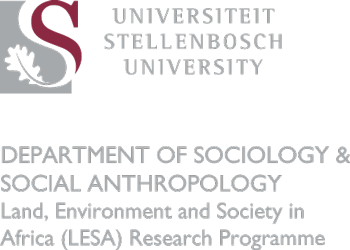
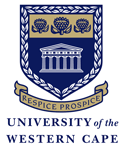
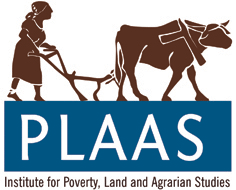
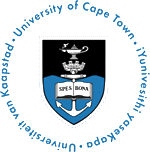
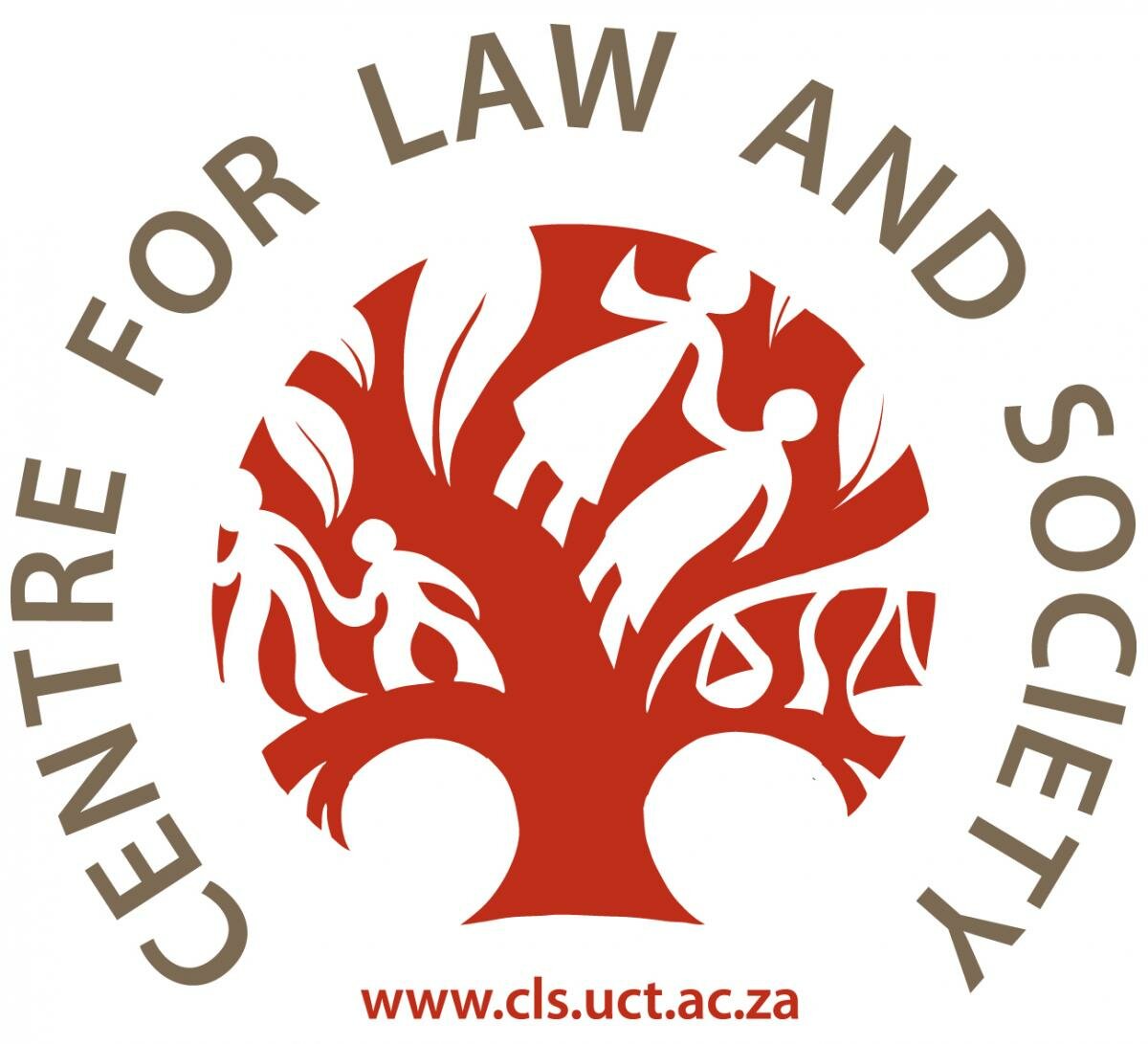
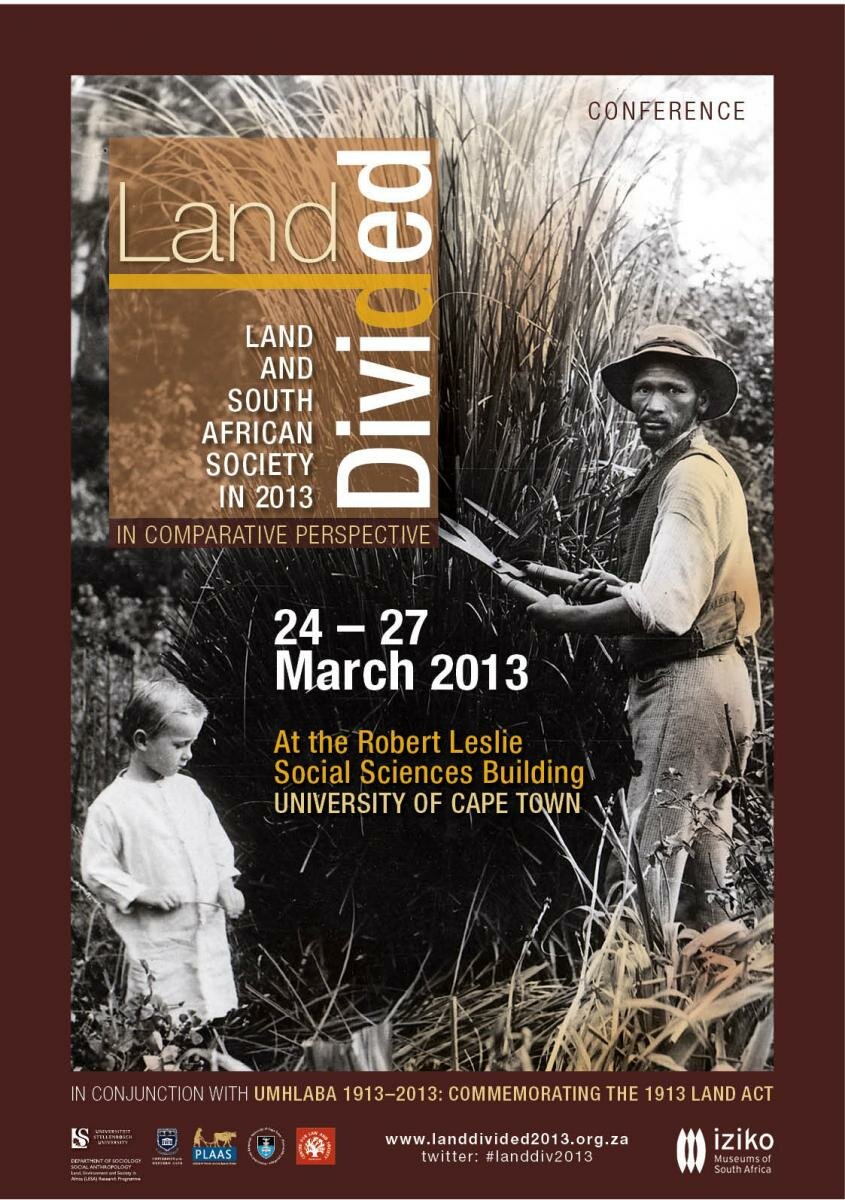 2013 is the centenary of South Africa’s notorious Natives Land Act, a foundational piece of legislation in the edifice of twentieth-century segregation and apartheid. Its devastating legacy is still evident in the country’s divided countryside and deeply racialised inequalities. It is also a year before the 2014 deadline that the ANC government set for itself in the mid-1990s, of redistributing 30% of commercial agricultural land into black ownership – a target that most analysts agree cannot be met. Land reform continues to figure in national economic policy (such as the New Growth Path) and in political rhetoric across the ideological spectrum. What does all of this mean for the present and the future?
2013 is the centenary of South Africa’s notorious Natives Land Act, a foundational piece of legislation in the edifice of twentieth-century segregation and apartheid. Its devastating legacy is still evident in the country’s divided countryside and deeply racialised inequalities. It is also a year before the 2014 deadline that the ANC government set for itself in the mid-1990s, of redistributing 30% of commercial agricultural land into black ownership – a target that most analysts agree cannot be met. Land reform continues to figure in national economic policy (such as the New Growth Path) and in political rhetoric across the ideological spectrum. What does all of this mean for the present and the future?
The answers do not lie in easy slogans and opportunistic politics. The centenary of the Land Act presents a major opportunity for researchers in academia, civil society and the state to reflect on the significance of ‘the land question’ in South African society and what can be learned from other contexts and different ways of thinking about land as a social, economic and natural resource. Land reform cannot be reduced to agricultural policy, nor can the social meaning of land be understood in narrowly economic terms. The complex intersection of issues shaping relationships to land at the start of the twenty-first century demand fresh analyses and new ways of thinking. Much can be learned from addressing the issues in comparative perspective and drawing on theories and insights from other parts of the region and globe.
The programme
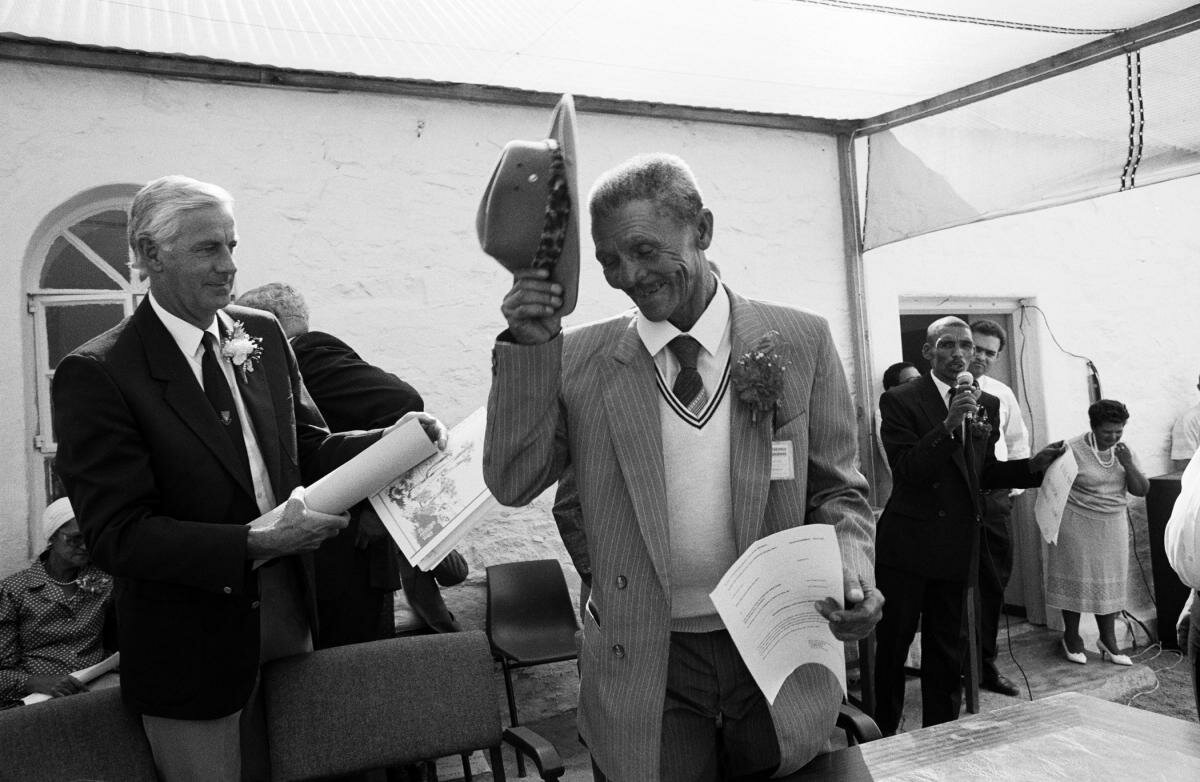
These themes were explored in plenary sessions (that were open to the public), where leading figures in the field from South Africa and abroad identified key issues and opened up the debates, which were then be further examined in parallel sessions.
More information on the conference can be found below, or will be added onto the conference website in due time:
Photographic exhibitions
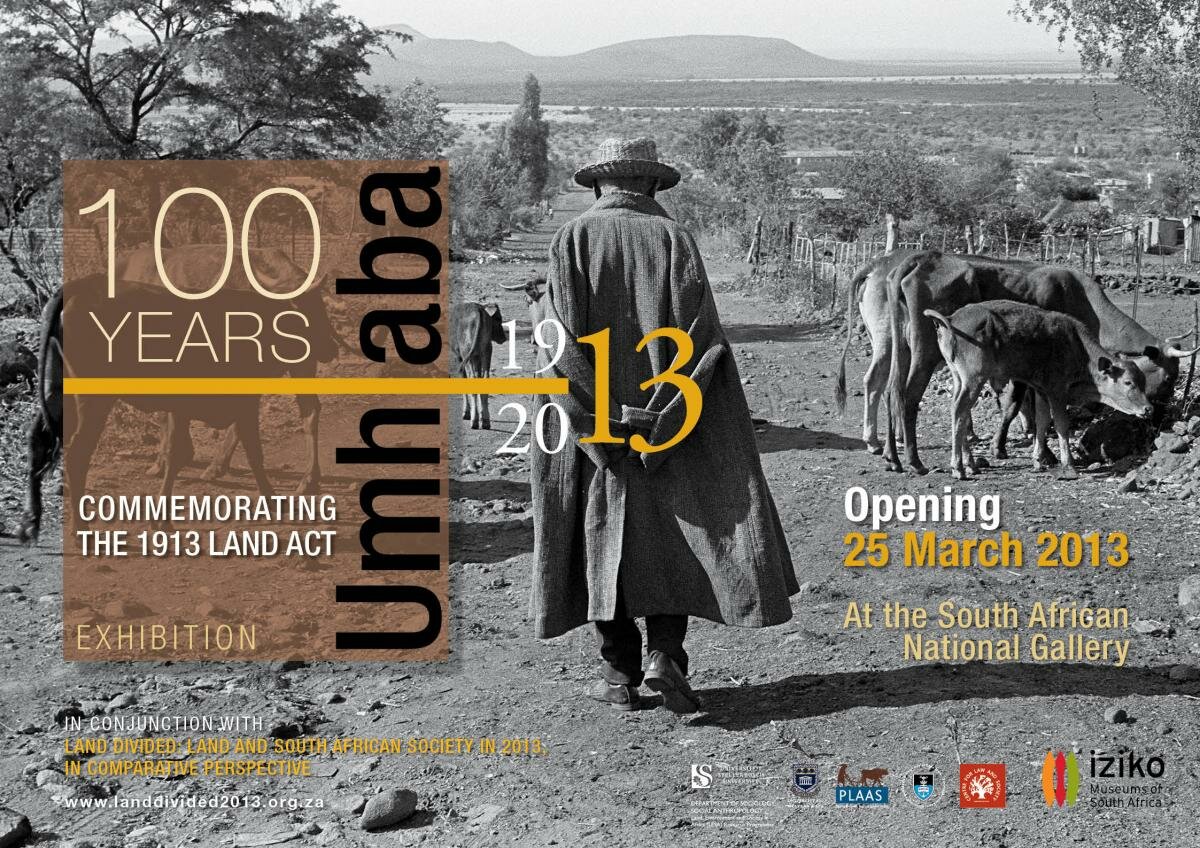
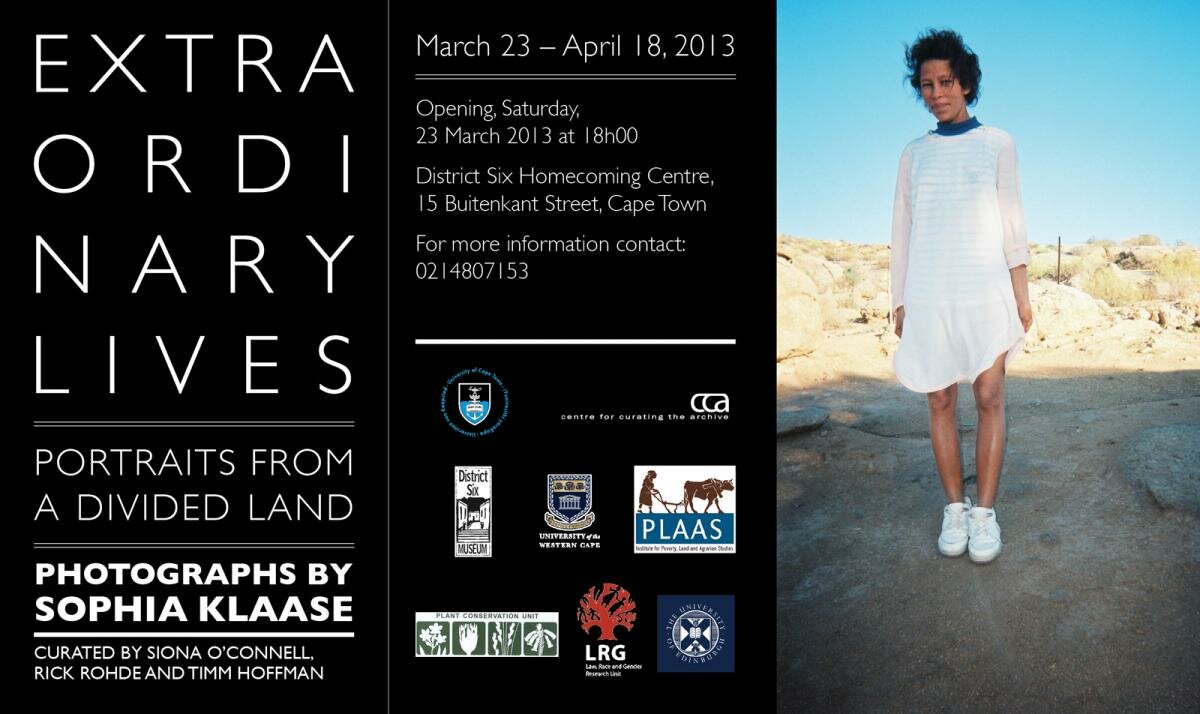 A second photographic exhibition - Extraordinary Lives: Portraits from a Divided Land - was hosted at the District Six Homecoming Centre, opening on Saturday 23 March 2013. The photographs are the work of Sophia Klaase, a young photographer from Paulshoek in Namaqualand. The exhibition revealed the vision of a young ‘coloured’ South African woman, dislocated from formal sources of the visual literacy that frequently drives photographic experimentation. She responds astutely to trajectories in the photographic representation of South African bodies. Klaaste has had neither formal training nor exposure to legacies and knowledge about photography.
A second photographic exhibition - Extraordinary Lives: Portraits from a Divided Land - was hosted at the District Six Homecoming Centre, opening on Saturday 23 March 2013. The photographs are the work of Sophia Klaase, a young photographer from Paulshoek in Namaqualand. The exhibition revealed the vision of a young ‘coloured’ South African woman, dislocated from formal sources of the visual literacy that frequently drives photographic experimentation. She responds astutely to trajectories in the photographic representation of South African bodies. Klaaste has had neither formal training nor exposure to legacies and knowledge about photography.
Host institutions
The conference was hosted by three major centres of research on land and the environment in South Africa and the region:
- University of Cape Town: Centre for Law and Society
- Stellenbosch University: Department of Sociology & Social Anthropology, and the Land, Environment and Society in Africa Research Programme
- University of the Western Cape: Institute for Poverty, Land and Agrarian Studies and the NRF Chair in Poverty, Land and Agrarian Studies.
The steering committee comprises: Aninka Claassens (UCT), Ben Cousins (UWC), Obiozo Ukpabi (UWC), and Cherryl Walker (Stellenbosch University).
Contact details
For more information on the conference contact:
PLAAS, University of Western Cape
Funders

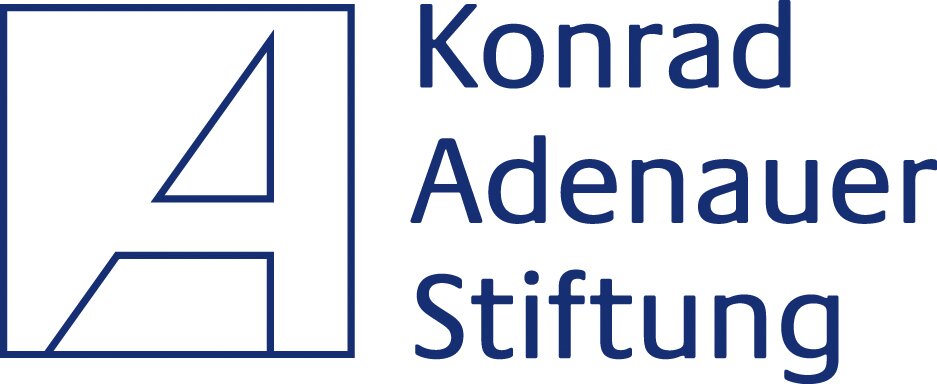

Read papers | Read news | View photographs